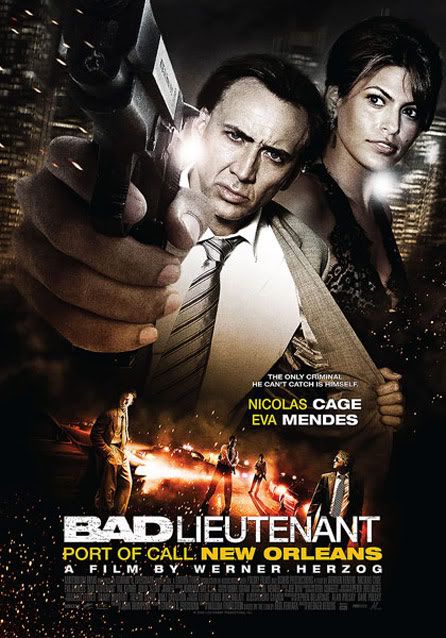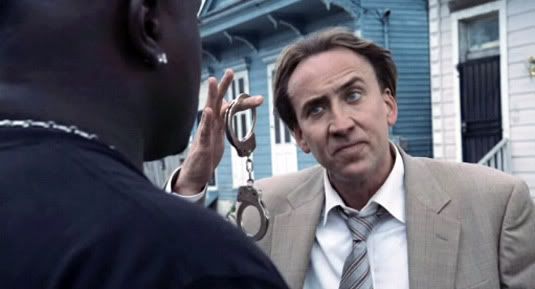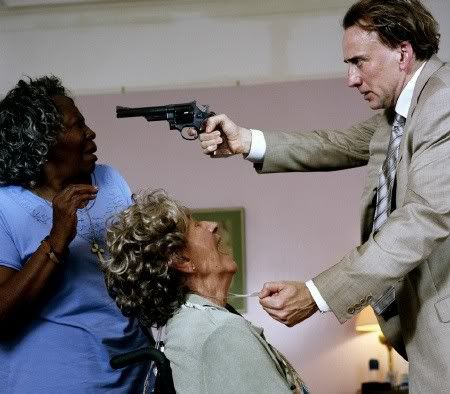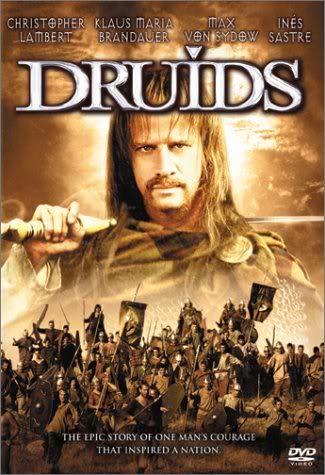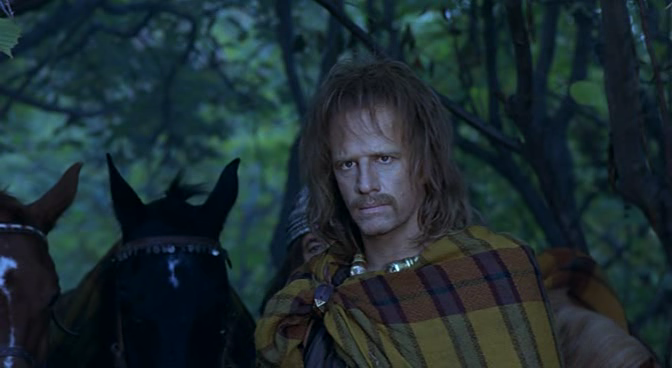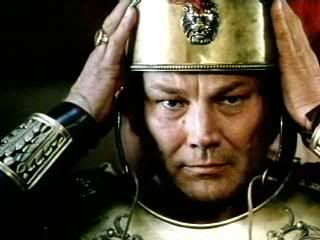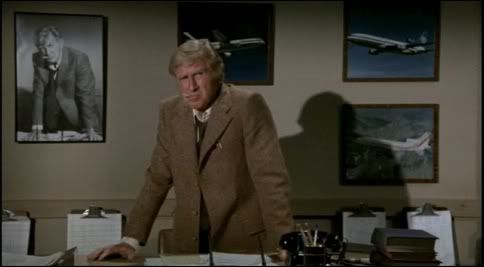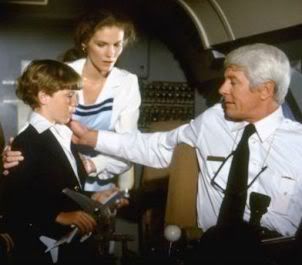I may very well be the last person in the world to review this game. There’s already been a Zero Punctuation on the subject, as well as an Extra Punctuation that everybody should read. Just about everybody from top-tier professionals to amateurs with forum logins have gotten in on the act. My wife recently posted a rather balanced review, so it’s far past time I did the same. Anyway, grab yourself a drink, let’s get started.
Fenris is way ahead of you.
Instead of picking up where Dragon Age: Origins left off, Dragon Age II actually takes us back in time, to the aftermath of the rout at Ostagar. As the tide of the Blight washes over the little town of Lothering, the Hawke family flees from the oncoming darkspawn. Helping their mother escape is Carver, the headstrong warrior; Bethany, the fearful apostate mage; and you. You are not the savior of Ferelden, a Grey Warden or anything else particular special. You are Hawke, and the game would have you believe your path is not determined, as this story is more personal and less sweeping.
While the story does open up more of the world of Thedas, in the form of Kirkwall and some of the surrounding countryside, it also eliminates many of the features that made Dragon Age: Origins such a daunting, time-consuming and ultimately epic experience. The result is a game that is much shorter, but also lacking in many areas that, given more time, could have been fleshed out and made it an overall better experience.
Get used to the Wounded Coast. Hey, at least it looks nice.
For one thing, just a little more time in development could have yielded some variations on the caverns, warehouses and basements you have to traipse through for various side quests. Changing the entry points and door locations doesn’t make up for using the same map over and over, nor does BioWare get away with it because they hang lampshades on it. It’s pure laziness, and one of the indications that this game was rushed out the door before it was really ready for play.
I’m not just talking about things like bugs, either. The story needs work, as it’s barely there. You have three strung-together acts with increasingly engaging subject matter. While the framing device works, it still feels like one act has almost nothing to do with the others. On a level, they almost feel interchangeable, with the exception of the very end of the game. While I feel the second and third acts had some decent story points, and characters changing over the years is always good to see, the first act felt particularly shallow and disposable, given the plethora of side-quests one has to engage in to get the appropriate amount of money to undertake the main quest to make even more money. I’d like to think, at least on my first playthrough, that there’s more to Hawke than that.
He does look good in furs, though.
While I’m still not entirely sure why the proportions of the elves had to be changed so dramatically to differentiate them from humans, most of the art direction in Dragon Age II is very well done. In addition to its looks, there’s also a feel of actual life to Kirkwall. Hearing snippets of conversations from others and being greeted on the street lent the setting of the game a bit of weight and immersion that I appreciated. It gave me one more reason to power through side quests, other than being sick of the copy-pasted maps. I wanted to get back to Kirkwall, wander between its high stone buildings and listen to my party members banter.
One of the true saving graces of the game is its characters. They’re well-rounded and rather deep, as is appropriate for a BioWare game, but they all have very different reasons for supporting and travelling with Hawke. Another good thing is the somewhat simplified combat mechanics, coupled with a vastly improved skill tree system. I was very happy to not have to spend any skill points on Coercion, Herbalism or anything else that took away from my ability to melt faces. I played a mage, as I tend to do, and my skill points should go to magical skills, not potion-making. Speaking of mages, let’s get back to the characters and one of the reasons I feel this game is worthwhile.
Hawke will stab you in the face, then melt it.
As Dragon Age II carries on, you get to know the characters, develop friendships and even engage in romances. One of the things that the writers never forget is that everybody has disparate motivations for doing what they do. And sometimes, those motivations will test their relationship with the player. I encountered such a moment, right at the very end of the game. I won’t say what happened, but the impact of the event was so great that I had to sit back, take my hands from the controls, stare at the character I considered a friend and weigh my options carefully as I would were I in that actual situation. That moment, that sort of immersion in the moment, making a decision that I felt had weight; that is what I want to take away from a game like Dragon Age II. A lot of what got me to that moment sucked, yes, but in the end, I have to say I felt it was worth the journey.
Stuff I Liked: Replacing the Arcane Warrior spec with new staff designs and mechanics was a neat change, and I liked it. Kirkwall’s a very cool fantasy city. There were some great nods to the previous game along with the usual BioWare shout-outs. Smooth combat and a simplified skill tree system. Neat ‘crafting’ mechanics.
Stuff I Didn’t Like: The copy-pasted environments. The look of elves kept throwing me off. The feeling that just a little more polish could have made the story more coherent. And why is there no isometric view anymore?
Stuff I Loved: The characters, from the main party to the arishok and Flemeth. Getting pulled into the story when it bothered to be there. Hearing my party members banter.
Bottom Line: Dragon Age II was something of a disappointment, as in there were a lot of things that could have been done better. That said, it’s still a decent game with strong characters, smooth combat and enough good story points to balance out the negative, lacking aspects in the rushed design… but only just. I do plan on replaying it, and I’m more than likely going to enjoy those replays, which I guess makes this a game I would recommend. Be prepared, however, not to be entirely blown out of your seat. It isn’t a great game, but neither is it a terrible one.


